An academic explains just how queer Shakespeare’s As You Like It really is
Exclusive: Attitude speaks to Dr Will Tosh about why William Shakespeare's comedy, As You Like It, has always been queer
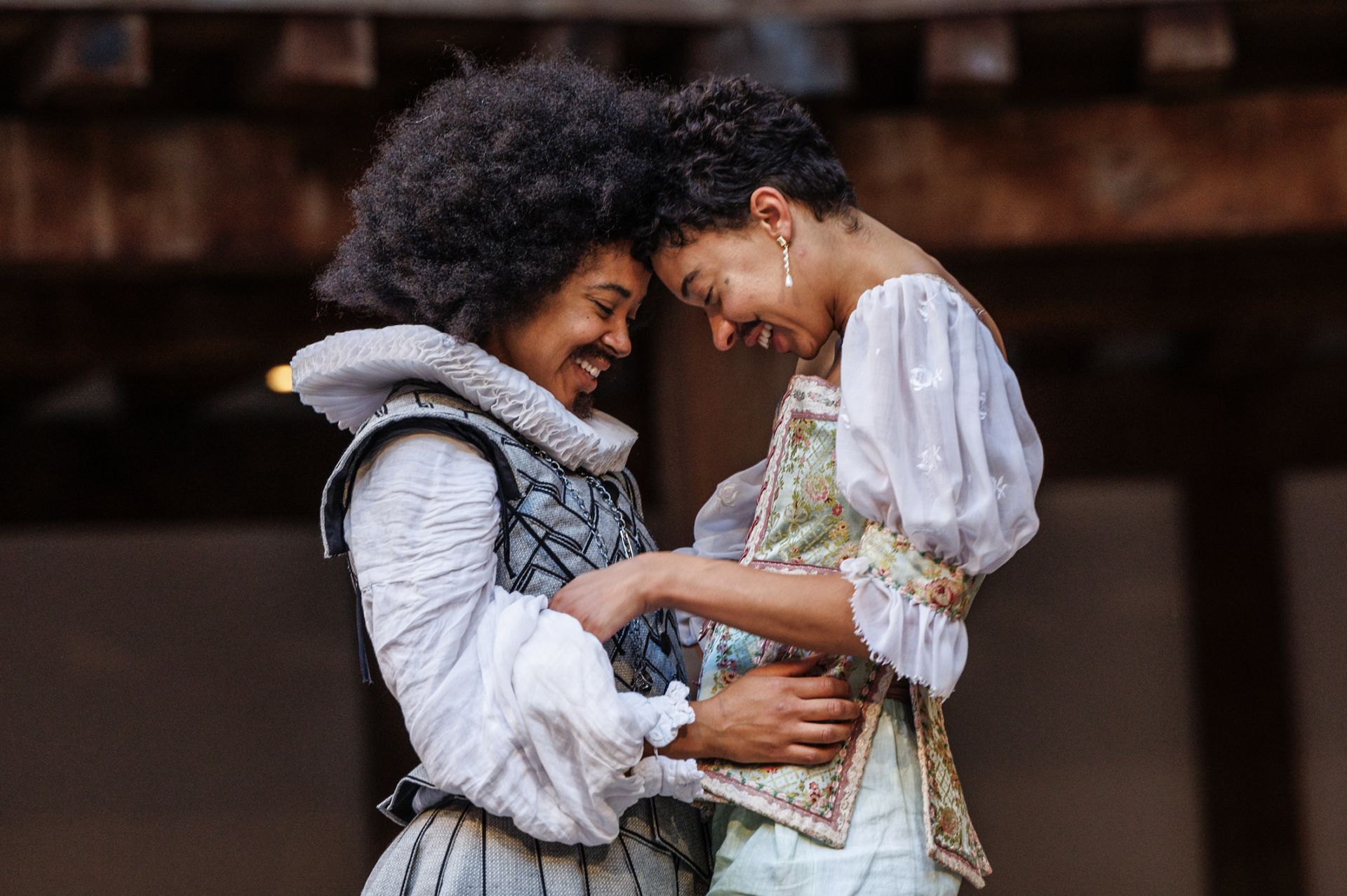
In 2023 we’re fortunate to have a number of iconic plays that have highlighted the queer community and our stories.
Angels in America, The Inheritance, The Normal Heart, My Night with Reg, the list goes on.
These are great works that have brought a needed spotlight to the community and our history. They’ve provided commentary on how we treat each other as well as how we’re treated by everyone else.
But even the works of literary masters, such as William Shakespeare, have queer themes, motifs, and characters.
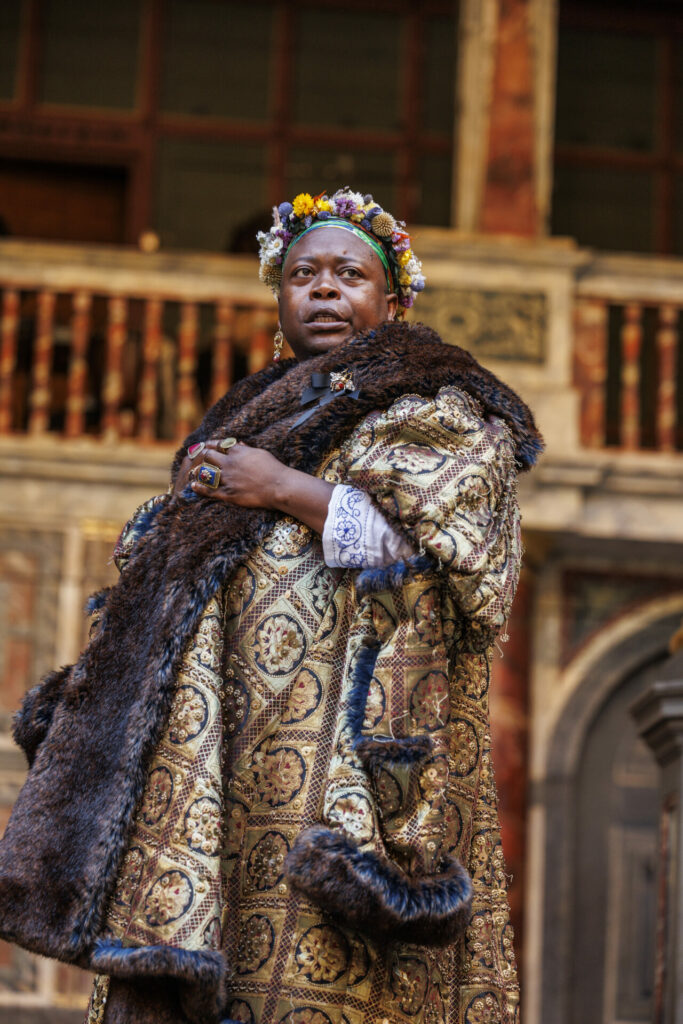
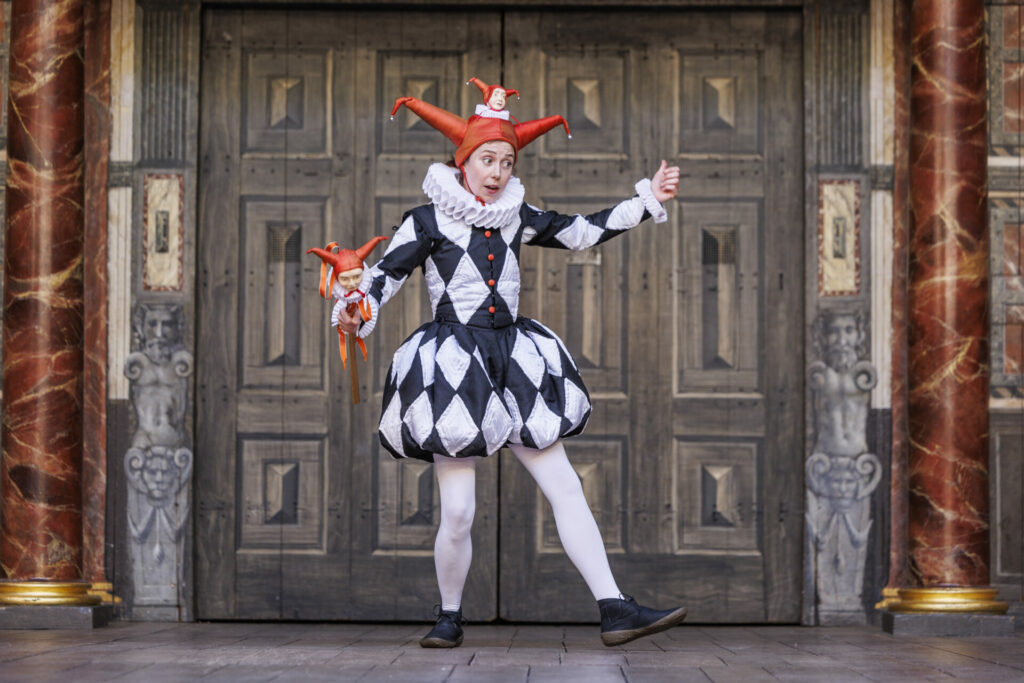
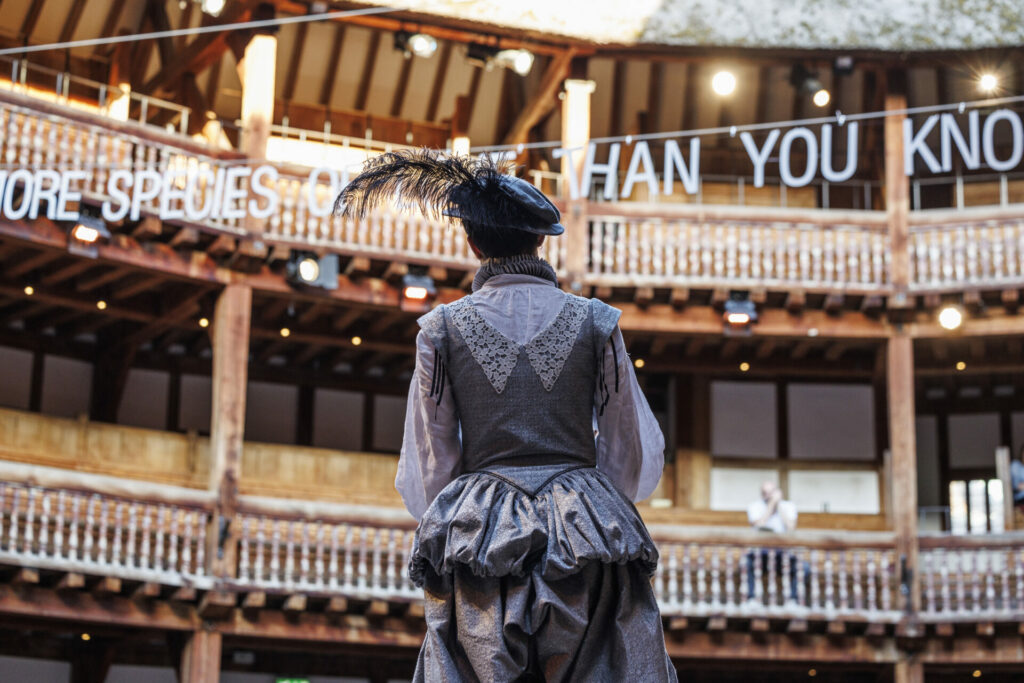
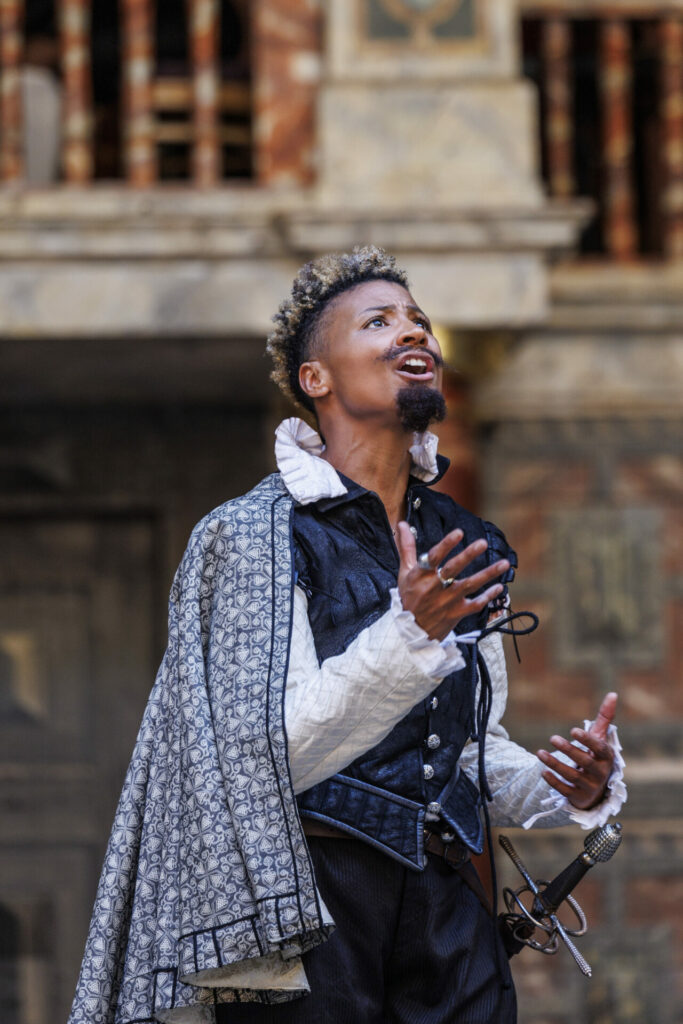
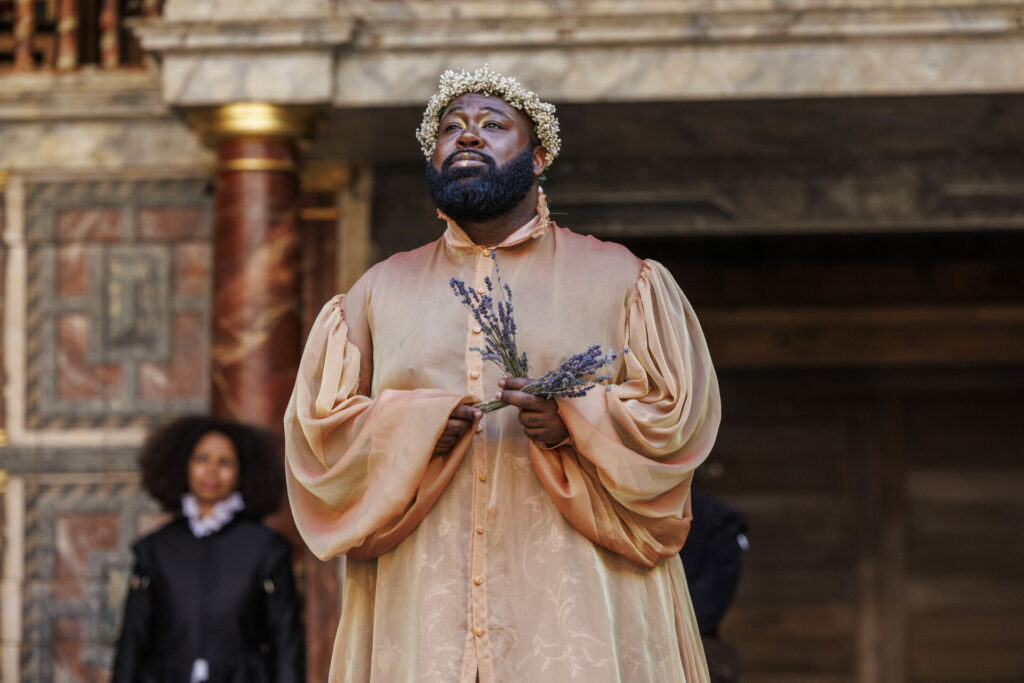
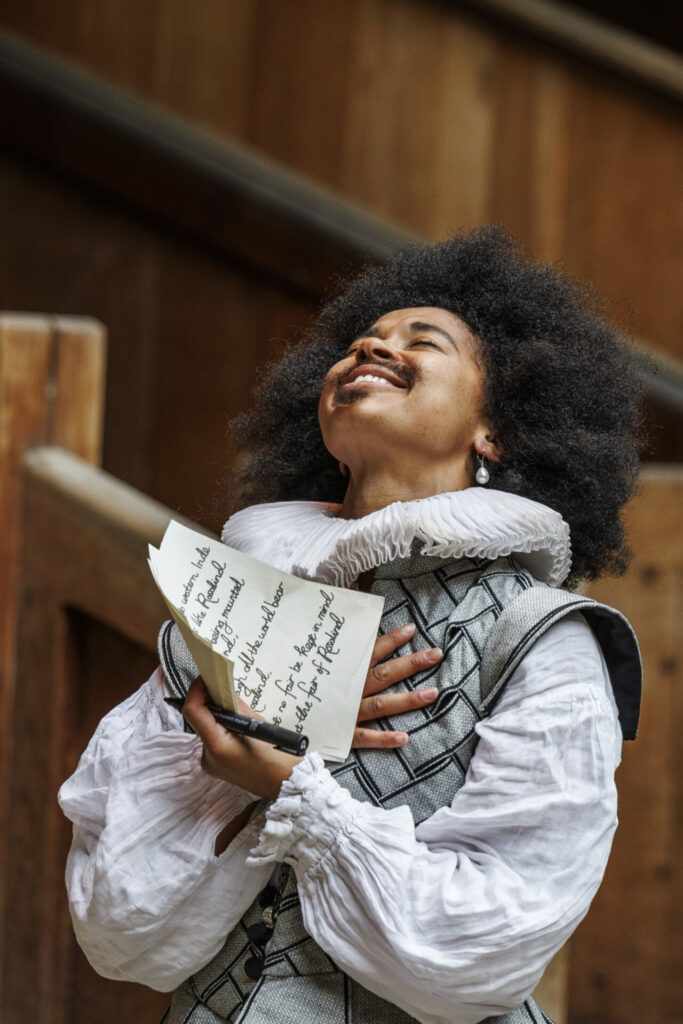
Principal among those, perhaps, is the comedy, As You Like It, currently being staged at Shakespeare’s Globe in London.
This production, directed by Ellen McDougall, amps up the existing queer elements of the show in a fitting modern adaptation.
“Perhaps some of us are less accustomed to being confronted with texts where you don’t really need a magnifying glass to go and find the queer traces, they are right there”
The plot, if you’re unfamiliar, sees Rosalind, daughter of a disgraced courtier run into the forest of Ardern where she takes up a male disguise and calls herself Ganymede. Having already fallen in love with Orlando, a man, she (as Ganymede) attempts to “cure” him of his love for Rosalind. Several characters all fall in love, some with Rosalind as Ganymede, before all is cleared up. Rosalind then reveals her identity, marries Orlando and everyone lives happily ever after.
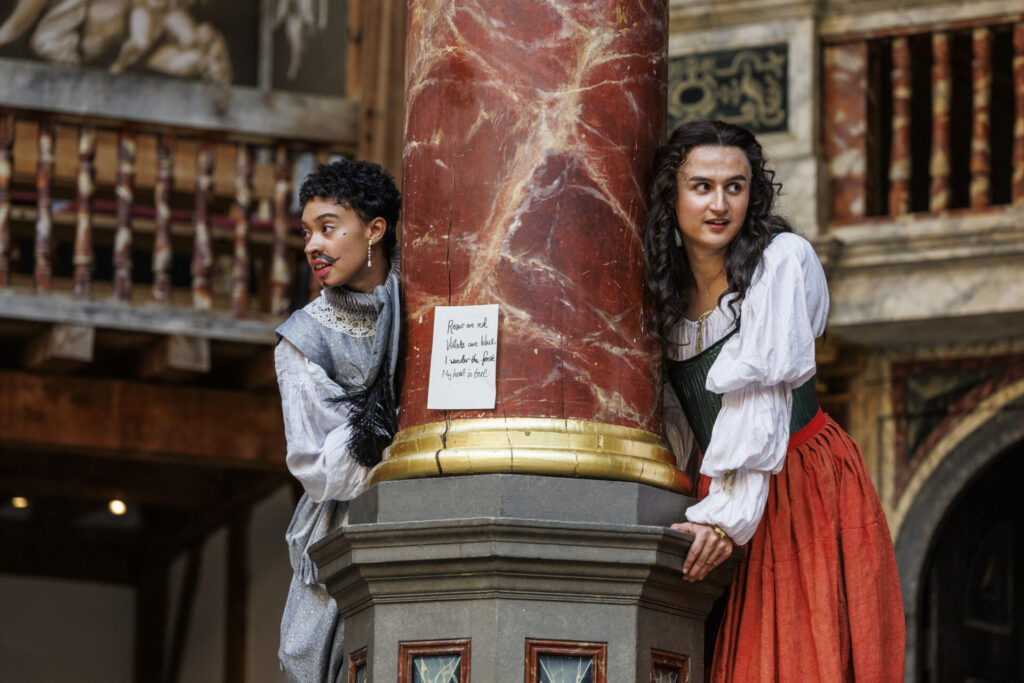
Sort of. At one point Phoebe falls in love with Ganymede but ultimately marries Silvius. We hope it’s a happy marriage!
The play already deals with ideas of sexuality and gender identity. These have not been imposed by the troupe of performers, they were written by Shakespeare.
So becomes clear in Attitude’s chat with Dr. Will Tosh, the Head of Research at Shakespeare’s Globe. Tosh has always been a Shakespeare fan, first in school and later as an actor and then academic.
He celebrates Shakespeare’s ability in “capturing a world and reflecting it back to us.” Shakespeare is also eminently familiar thanks to the influence his work has had on storytellers since.
“Particularly when you’re a young person, and you come to Shakespeare for the first time, my experience certainly was like meeting a new thing that felt familiar,” he explains one August afternoon. “That’s a really exciting and generative experience, where you go, ‘Oh, wow! This is old and classic and esteemed but I recognise this theme, character, scenario, or story.”
Popular retellings like West Side Story, 10 Things I Hate About You, and She’s The Man further prove Tosh’s point.
Turning specifically to As You Like It, as one of the Globe’s in-house academics, Dr. Tosh spoke to McDougall and the creatives about their visions as well as with the actors on the context in which the play is set and was written.
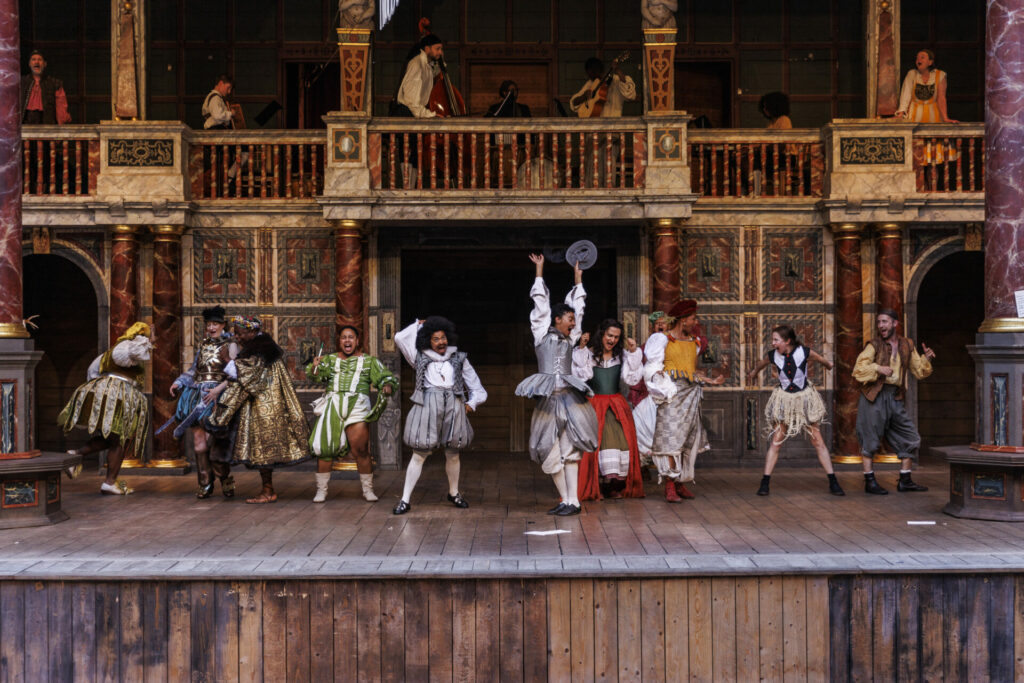
This included the notion of the forest of Arden, where the characters shake off the patriarchal and constricting court structures. This production sees the forest become an escape. Tosh and the company discussed how that relates to the ideas of sexuality and gender identity.
Regarding those dynamics of sexuality and gender identity, they’re furthered with this production’s gender-blind casting and of queer performers. Also the introduction of contemporary queer culture such as drag and ballroom, and even Troye Sivan’s ‘Bloom’ is sung by the forest community, who represent a liberated queer society. Altogether it naturally develops how an audience in 2023 can connect with As You Like It.
Tosh continues that the queer themes and identities in As You Like It are there for all to see. Though, according to Tosh, not everyone sees this. which he puts down to the esteem in which these texts are held.
“Perhaps some of us are less accustomed to being confronted with texts where you don’t really need a magnifying glass to go and find the queer traces, they are right there. And they’re saying something about queer desire and queer identity in a long past historical period.”
“I’ll have no worse a name than Jove’s own page, And therefore look you call me Ganymede” – William Shakespeare
Delving into just how queer the production is, before adding any additional layers and elements of queerness, Dr Tosh explains the significance of Rosalind, a woman, choosing the name Ganymede, “the single most well-known early modern cultural reference point for homoerotic desire.”
As myth has it Ganymede is a Trojan adolescent boy taken to be a cupbearer for the gods. He also happened to supplant Jupiter’s wife, Juno, in their marital bed… Juno, understandably frustrated then tries to kick Ganymede from Mt. Olympus. So, we’ve got homoeroticism, sexual desire, and male sex trafficking. Talk about drama!
As Tosh also explains, “Ganymede was a common euphemism for male sex workers in early modern London.” So when Rosalind declares “I’ll have no worse a name than Jove’s own page, And therefore look you call me Ganymede,” the audience would have been fully aware of what that meant, argues Tosh. “It’s not super subtle, it’s not really obscure.
“And that’s kind of exciting. It’s exciting to me as a historian, it’s exciting to me as a gay man, it’s exciting to me as someone who loves theatre, that that is part of the heritage that we’re dealing with. Throughout the play, we see Shakespeare exploring the implications of what that means.”
In Shakespeare’s time, the role of Rosalind would have been played by a teenage boy, who would have then donned the apparel of a man for Ganymede before wooing another man playing Orlando.
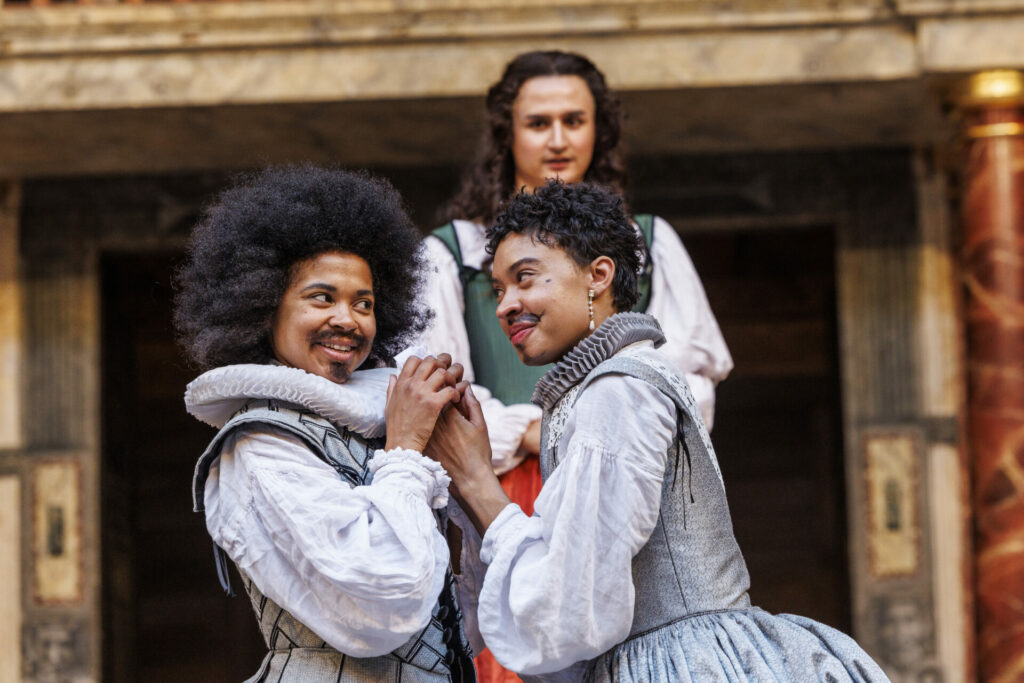
“So, you have that queer seduction onstage,” says Tosh. And despite the artifice of Rosalind playing Ganymede, “for a large portion of the play, what the audience is seeing is that process of queer seduction. And Shakespeare takes it even further in As You Like It, because at one point in the play, Rosalind as Ganymede persuades Orlando to marry Rosalind in the form of Ganymede, and they both kneel down and exchange wedding vows.”
While not legally binding, in Shakespeare’s time such vows said in the presence of a witness held some meaning. Essentially Shakespeare stages a queer wedding!
“We owe it to history to uncover some of those queer languages and cultures that spoke their own languages”
A typo in the first printing of As You Like It also sees the god Hymen announce “take his hand in his,” rather than “hers,” which would have been spelled at the time “h-i-r-s.” This happens in the multiple wedding at the end when Rosalind is presumed to have resumed her true identity.
While feasible it’s just a typo, academics like Tosh are excited that it could be something more. A recognition of a world in the 1500s “where those sorts of dynamics are much more recognised and part of culture and society than we’re necessarily prepared to admit, or totally happy to think about as part of the world that Shakespeare knew.”
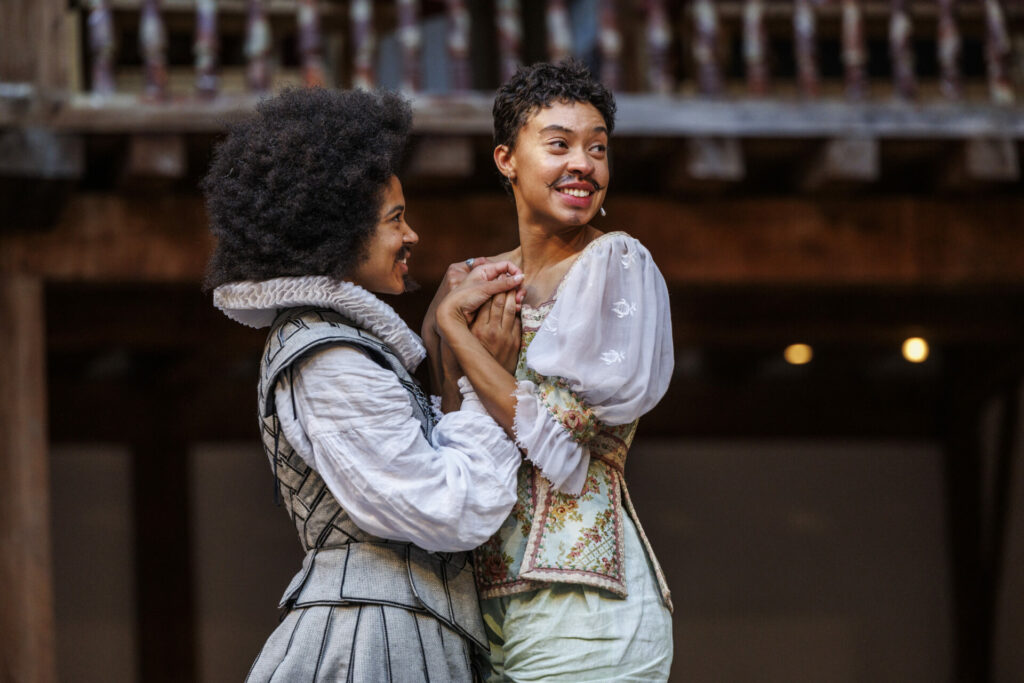
These queer elements were all deliberate, positions Tosh again. With similar themes explored in other works such as Twelfth Night in “extended and more complicated ways,” it does seem likely that as Tosh emphasises: “[Shakespeare is] interested in what those feelings are, in what’s allowable, and in how far he can take it. He’s interested what those desires mean.”
So, As You Like It has always been a queer text. It’s not even with the language and cultural understanding of today that we can see that. Dr. Tosh concludes thoughtfully: “That’s given us an amazing opportunity to speak back to some of those queer texts. We owe it to history to uncover some of those queer times and cultures that spoke their own languages.”
Dr. Will Tosh’s book Straight Acting: The Many Queer Lives of William Shakespeare will be published by Sceptre in 2024.
As You Like It is playing at Shakespeare’s Globe until Sunday 29 October. Tickets are available here.
